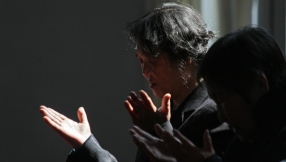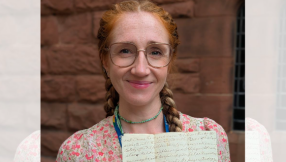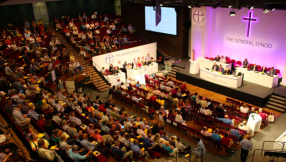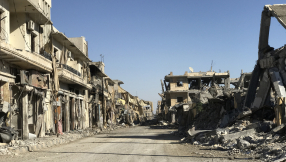African Churches’ Effort in Africa’s Revival Widely Recognised
According to Dr Agnes Abuom, between 40 and 60 percent of health services, education, water and food-security were provided by the churches in Africa. The priests have shown special care to the HIV/AIDS patients, ensuring they received treatment and have taken charge of their burials.
In collaboration with the aid agencies, humanitarian assistance is delivered to the victims in civil wars by the churches as well.
Director of the Norwegian non-governmental organisation Christian Relief Network, Brent Ronsen, acknowledged the positive work done by the churches in the Democratic Republic of Congo.
Ronsen said that the churches were encouraging thousands of frightened Hutu refugees, who had been living in the forest, to come to them for shelter and repatriation. The £300,000 annual financial support from the British Government has been essential to the operation of the network.
The United Nations’ High Commissioner for Refugees has even said that UN operations would have had to close down in the country without the work of the Christian Relief Network.
Amid the widespread civil wars in Sudan, churches are very active in the mediation and peacemaking process, Dr Abuom said. The churches are also moving into advocacy, and have shown the desire to lobby for good governance and civic education.
Dr Abuom described the role of the churches as “the only solid organisational structures, outside of government, since the time of the colonial era and during a process of social transformation.”
The ARC meeting was funded by the World Bank. Another spokeswoman for the ARC, Victoria Finlay told the conference the Bank was “confident” that its money would be used well.
“Churches are less corrupt than governments. They can provide a trusted network. NGOs are saying that they want to work with churches, and churches want to work with them,” Ms Finlay said.
Nambaryn Enkhbayar, the international president of the ARC, said that “church leaders understand what accountability means, but governments don’t always understand this. Those religions that are not very accountable are not successful.”
Enkhbayar emphasised, “Sustainable development was ‘development based on moral values’. It is based also on accountability. You have to be accountable to have sustainability”.
Nevertheless, Dr Aduom pointed out that there was definitely some room of improvement for the churches. “Where we are weak is in economic justice and in gender...the churches for having regarded economics as a ‘technical area’ for too long...The churches have been empowering women, but, within our own structures, churches have not allowed women into decision-making.”













